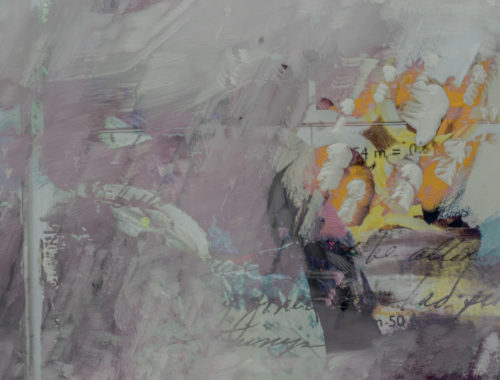
Can We Trust Our Eyes?
Lately, I’ve been thinking and writing about the nature of reality, because—I guess—I’ve been trying to find it. If we are somehow not in touch with reality, though, what, exactly, is it that surrounds us? Good question, no? Is it a constructed narrative? If so, who built it?
When I turn back to Luigi Giussani, I find a possible answer that might even play well with the notion of a constructed narrative. Giussani tells us that, often enough, we can substitute “argument in service of an ideology” for “discussions.” Alexis Carrel (who was quoted by Giussani in The Religious Sense), went on to write that we live in an age of ideologies, in which we manipulate reality rather than learn from it. In the past, I would have asserted that such a practice came about with The Enlightenment, but now, I need to pick an earlier starting point—much earlier. Be that as it may, if ideologies win, civilization loses. Manipulating reality—including real human beings, real plants, animals, and minerals—is not the same as dealing with reality. Believing that we can solve every problem that presents itself may not be the best strategy, after all. In fact, I question how often we have solved any problems. Chances are that we’ve really done little more than create new problems to “solve.”
Then, we have Jordan Peterson on ideologies:
Ideologies are attractive, not least to the educated modern mind—credulous, despite its skepticism—particularly if those who embody or otherwise promote them allow the listener every opportunity to identify with the creative and positive characters of the story, and to deny their association with the negative. Ideologies are powerful and dangerous. Their power stems from their incomplete but effective appropriation of mythological ideas. Their danger stems from their attractiveness, in combination with their incompleteness. Ideologies tell only part of the story, but tell that part as if it were complete. This means that they do not take into account vast domains of the world. It is incautious to act in the world as if only a set of its constituent elements exist. The ignored elements conspire, so to speak, as a consequence of their repression, and make their existence known, inevitably, in some undesirable manner.
Ideologies (and their purveyors) need darkness in order to grow and thrive. They shrivel and die in the light.




